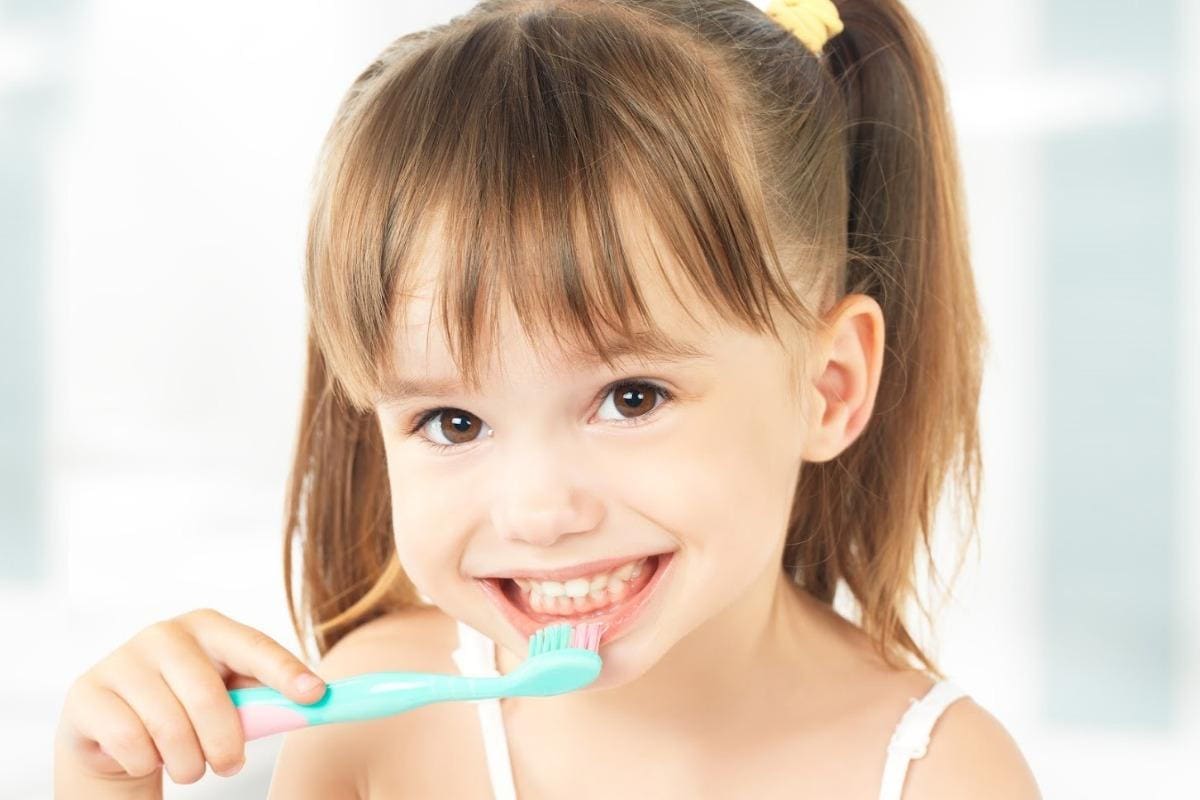Teaching your children to brush and floss their teeth regularly is one of the many tasks of parenting. But once they’re old enough, you may want to teach your children about other ways to keep their teeth healthy as well.
After all, with over half of American adults suffering from gum disease, it’s clear that the nation’s average oral care isn’t perfect. You’ll want to give your child every possible advantage, including better-than-average oral hygiene habits, to help avoid gum disease and other issues both now and decades in the future.
Here are four useful oral health habits to teach your children in addition to brushing and flossing.
1. Tongue Cleaning
No matter your age, your tongue is a great hangout for bacteria. Its texture provides plenty of crevices for bacteria to hide out in while they feed on food particles that have gotten caught there. Teach your children to clean their tongue each time they brush their teeth, as it’s a great way to help cut down on the bacteria overgrowth in their mouth.
You could teach your child to brush their tongue with their toothbrush after they clean their teeth. Then, when they’re old enough, you could introduce them to a tongue scraper, which can remove bacteria and gunk even more effectively.
2. Sugarless Gum
Chewing sugarless gum after a meal can be not only an enjoyable treat but also a way to help keep your child’s teeth healthy. Making your kid brush after every meal may be an insurmountable task (and in some cases could even be counterproductive), but chewing gum can help clear away debris from the teeth as well (once your child is old enough for gum).
If you use gum that contains xylitol, this habit may even help to control cavity-causing bacteria. However, children shouldn’t have too much xylitol in a day. You may want to start with another type of sugarless gum and switch to xylitol gum when your child is a bit older. Talk to your pediatrician if you’re not sure about feeding xylitol to your child.
If you have a family pet, you need to be especially careful about giving xylitol products to children and make sure you supervise them the entire time. Xylitol can be highly toxic to pets such as dogs.
3. Healthy Snacks
Your children may have heard that sugar is bad for their teeth. But they may not know the rest of the story of how diet can affect oral health, such as the fact that refined starches can feed cavity-causing bacteria as well, or the fact that eating smaller amounts of sugar as snacks is even worse than eating all that sugar at once with a meal.
You can teach your children about oral health by finding other attractive snack foods, such as cheese sticks, and explain how cheese is great for their teeth. This can help them develop a habit of choosing healthy snacks.
4. Regular Dental Checkups
Your child’s mouth can grow and change rapidly throughout childhood and adolescence, which is one reason why frequent dental checkups are so vital during these years.
Taking your children in for checkups regularly also means that you’re helping them to develop the habit. This can be critical when your children grow up and move out on their own. If they don’t realize how important regular dental visits are, they could easily neglect these visits and end up with severe dental problems.
These are four oral health habits you can teach your children as they grow older. Some are more critical than others, but they can all help your child stay on top of oral hygiene and overall dental health. To schedule an appointment today, get in touch with Youth Dental & Vision now.


